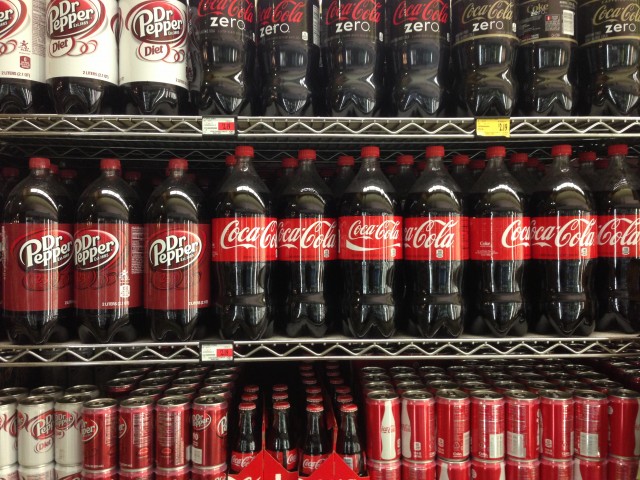Public health researchers say Berkeley’s soda tax is working to reduce the consumption of sugary beverages in neighborhoods hit hardest by diabetes, obesity and other chronic health problems linked to too much sugar.
Ever since Berkeley voters overwhelmingly passed the nation’s first penny-per-ounce tax on sugary beverages in 2014, a team at UC Berkeley’s School of Public Health has been interviewing people on the street about what kind of drinks they consume.
Dr. Kristine Madsen, director of the Berkeley Food Institute, said researchers found that residents cut their consumption of sugar-sweetened beverages by 52 percent after the tax went into effect in 2015.
Madsen said this means soda taxes encourage people to hydrate in a healthier way and could reduce medical conditions like diabetes, obesity and chronic heart disease. Her research was published in the American Journal of Public Health on Thursday.
Back when she worked as a pediatrician in a clinic — diagnosing and treating preteens with diabetes — Madsen said she would have loved to have had an effective tool to prevent the diseases that a high-sugar diet can cause.


